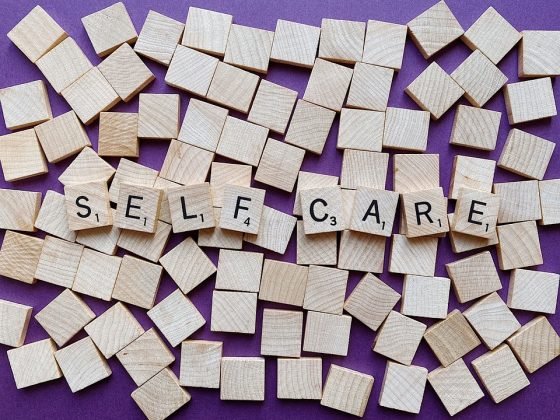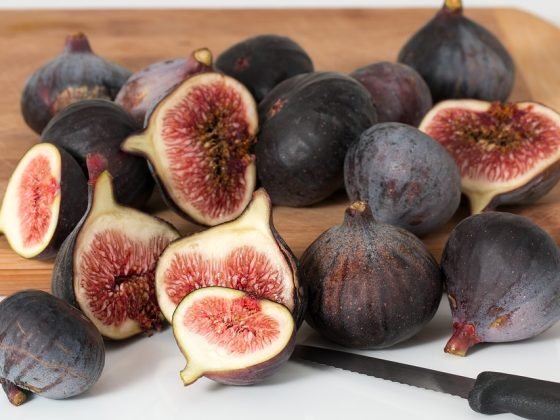One of the most significant benefits of regular exercise is its impact on your cardiovascular health. Engaging in physical activity can help lower blood pressure, improve cholesterol levels, and reduce the risk of heart disease. Exercise can also help strengthen your heart muscle, making it more efficient at pumping blood throughout your body. By incorporating aerobic exercises like running, swimming, or cycling into your routine, you can improve your cardiovascular health and reduce your risk of heart-related issues.
In addition to improving cardiovascular health, regular exercise can also help with weight management. By burning calories through physical activity, you can maintain a healthy weight or even lose excess pounds. Combining exercise with a balanced diet can help you achieve your weight loss goals more effectively. Additionally, muscle-strengthening exercises like weightlifting can help boost your metabolism, making it easier to maintain a healthy weight over time.
Exercise is not just beneficial for your physical health; it can also have a positive impact on your mental well-being. Physical activity releases endorphins, also known as “feel-good” hormones, which can help reduce stress, anxiety, and depression. Regular exercise has been shown to improve mood, boost self-esteem, and enhance overall mental health. Taking a brisk walk, participating in a group fitness class, or practicing yoga can all help lift your spirits and improve your mental well-being.
Furthermore, regular exercise can improve your overall quality of life. Engaging in physical activity can increase your energy levels, improve your sleep quality, and enhance your focus and concentration. By incorporating exercise into your routine, you can improve your physical and mental health, leading to a more fulfilling and active lifestyle.
Tips for Making Exercise a Habit:
1. Set realistic goals: Start small and gradually increase the intensity and duration of your workouts. Setting achievable goals can help you stay motivated and make exercise a regular part of your routine.
2. Find activities you enjoy: Whether it's running, dancing, hiking, or playing a sport, choose activities that you genuinely enjoy. Finding something you love to do will make it easier to stick with your exercise routine.
3. Make it a priority: Schedule exercise into your day just like any other important appointment. Treat it as non-negotiable time for yourself and your health.
4. Mix it up: Keep things interesting by trying different types of exercises and varying your routine. This can prevent boredom and help you stay engaged with your workouts.
5. Get a workout buddy: Exercising with a friend or family member can provide accountability and motivation. Having a workout buddy can make exercise more fun and enjoyable.
FAQs:
Q: How often should I exercise?
A: The American Heart Association recommends at least 150 minutes of moderate-intensity exercise or 75 minutes of vigorous-intensity exercise per week, along with muscle-strengthening activities on two or more days per week.
Q: Can I still exercise if I have health conditions?
A: It's essential to consult with your healthcare provider before starting a new exercise routine, especially if you have underlying health conditions. Your doctor can help you determine the best type and intensity of exercise for your specific needs.
Q: What if I don't have time to exercise?
A: Even short bouts of exercise can be beneficial. Try to incorporate physical activity into your daily routine, such as taking the stairs instead of the elevator or going for a brisk walk during your lunch break.
In conclusion, regular exercise is essential for your overall health and well-being. From improving cardiovascular health to boosting mental well-being, the benefits of exercise are numerous. By making exercise a priority and incorporating physical activity into your routine, you can improve your quality of life and enhance your overall health. Start small, set realistic goals, and find activities you enjoy to make exercise a regular habit that you can maintain for years to come.











